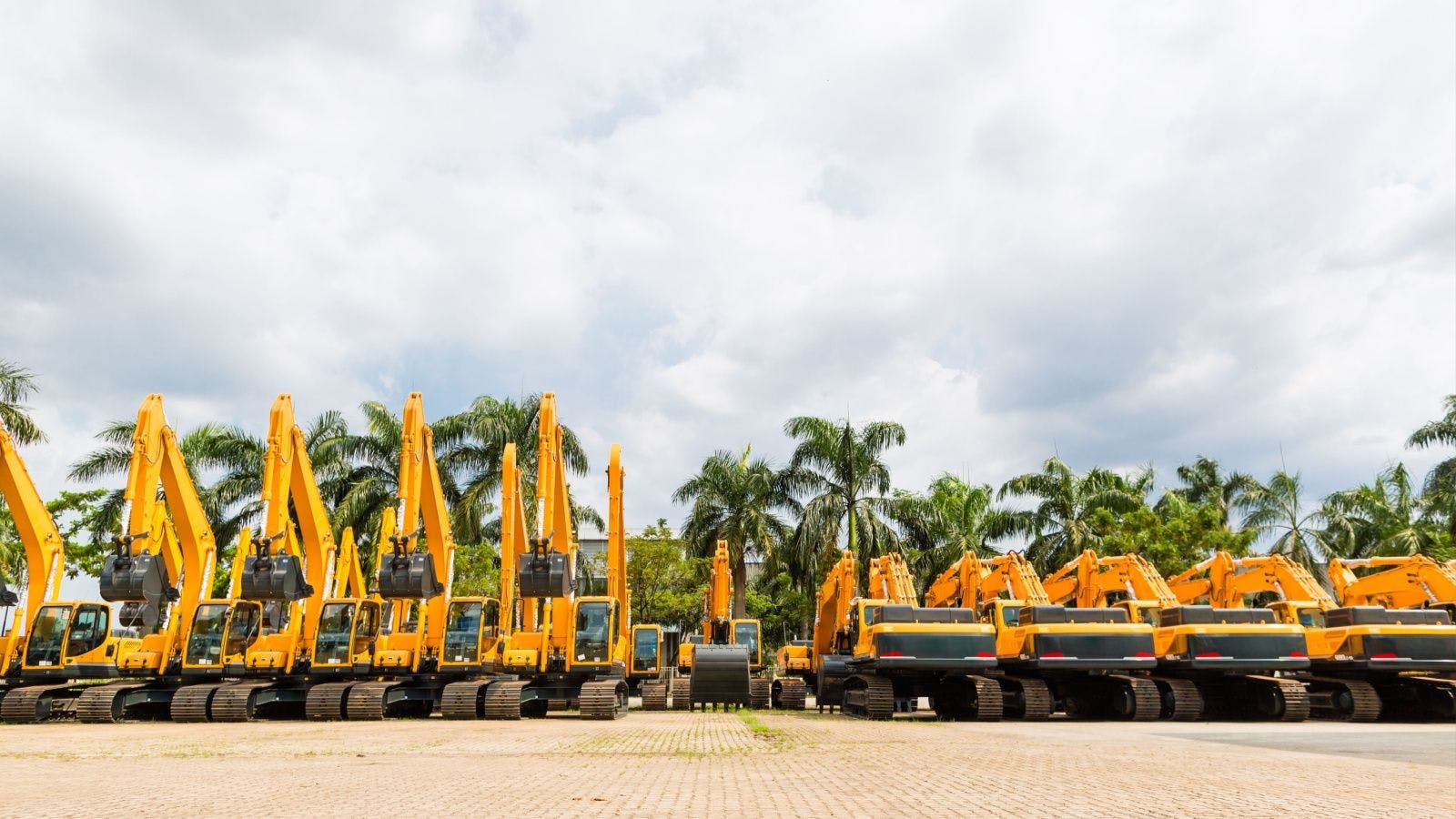
Bid Better, Build Better
When construction companies develop a history of successful projects, they often consider bidding on larger projects. However, larger projects can carry greater risks. If a company has successfully completed numerous $10 million projects and is considering a bid on a $100 million project, there are several factors to consider before submitting a proposal. Bidding on the wrong project could potentially put a company out of business. Before going after a bigger job, it would be prudent for construction companies and general contractors to consider the following strategies.
Determine if the Project Is a Good Fit
Experience should always be the guide for the type of large-scale projects a construction company bids on. For example, if a company has built a two-mile bridge and is considering a bid to construct a project for a 10-mile bridge, it would be wise for them to reflect on what they have done in the past. By reflecting thoughtfully on the progress of successful jobs, contractors will put themselves in a better position to ensure that the leap to a bigger project is not too big.
Assess Capabilities
It would also be prudent for construction companies to carefully consider their own skillsets and capacity. Issues could arise if a company takes on more work than it can handle. Before bidding on a larger project, it would be beneficial to make sure the resources are in place to complete existing contracts. It is imperative to assess capacity to determine if it makes sense to take on a larger project, while supporting the demands of the work under contract.
Consider the Project’s Impact on Cash Flow
The costs associated with a larger job can also alter a company’s cash flow and impact existing projects. This is because the company will need to front the costs before they are paid. To help prepare for the financial impact, the business should increase working capital, secure a bank line of credit, or increase the borrowing limit of the current line of credit.
Evaluate Internal Controls
Bigger projects can even require more robust accounting and project management control platforms. Before bidding on a larger project, contractors should make sure their company has the necessary tools and technology to scale up for a larger project. For instance, a company might need a higher level of financial oversight to manage costs and review budget variances as close to real time as possible.
Review Standard Contract Agreements
Prior to bidding on a larger job, general contractors should review their standard contract agreements with subcontractors to determine if they need to be updated to reflect higher insurance limits. This is significant because the general contractor is relying on others to fulfill their contractual obligations with an owner, and if one of those subcontractors fails, it becomes a bigger problem for the general contractor.
Another factor to consider is whether the project is in an urban environment with more exposure to bystanders. For example, if 1,000 people a day walk by the construction site, the company may need more insurance to protect itself from liability.
Secure Multiple Subcontractor Bids
When bidding the cost of a large job, it is best to get bids from multiple subcontractors to determine the costs of the final project. If the general contractor only has a single bid on a subcontracted scope, they are running the risk that they are not pricing the job correctly. However, if there are five bids within a few dollars of each other, then the contractor knows they have the right project costs.
Determine if Existing Subcontractors Still Qualify
The sophistication or technical knowledge of the subcontractors should also be analyzed prior to considering a larger job. The group that the general contractor typically relies on for work may not be suitable. It would be prudent for the general contractor to requalify the group and make sure they meet the greater job requirements.
Ensure The Team Leader Is Committed to the Project
Sometimes, contractors hire new staff with specific experience before bidding on a larger project. If the company’s ability to complete a large-scale project is dependent on the new project team, it is important to make sure those individuals plan to remain at the company for the duration of the project.
Be Careful Not to Under Price the Work
Larger jobs can also take more time and there may be more unknowns to consider. Project risks may not come at the beginning of the project. Instead, they may appear eight or 10 months after a project starts as it was priced for the cost of materials and labor nearly a year ago.
Businesses can help protect themselves by being aware of how much work they signed up for and knowing what is realistic for their construction company and staff. There is a lot of value in being cautious when a new opportunity for work comes up and being comfortable with refusing work. Meanwhile, for businesses that must hire contractors for a construction project, it may be worth getting a surety bond. While typically found with government construction jobs, surety bonds are becoming more common with private jobs. When there is a contract between a construction contractor and the owner, an insurer like The Hartford for example, becomes the third party through the surety bond to guarantee that transaction. The payment bond guarantees that subcontractors and other parties will get paid to see the job through completion if the contractor does not abide by the contract.
Related stories








